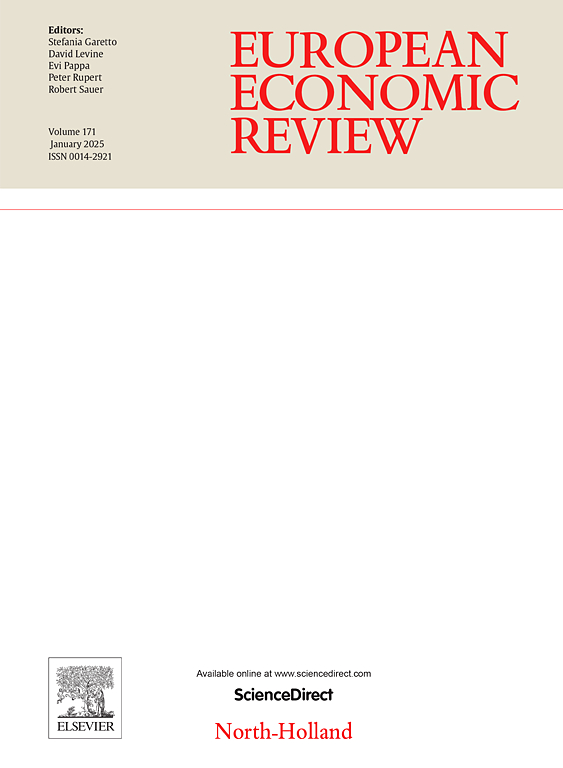
Lo más reciente
Despite the growing popularity of free college proposals, countries with higher subsidies often exhibit higher enrollment rates, but not necessarily higher graduation rates. This paper investigates the mediating role of student effort in the impact of tuition-free policies. We estimate a dynamic model of college enrollment, academic progression, and graduation using comprehensive student-level data from Colombia. In the model, student effort directly influences class completion and moderates the risk of poor performance or dropout. Simulating two policy scenarios — universal free college and performance-based free college — we find that universal free college triggers the largest enrollment increase but minimal change in graduation rates, aligning with observed cross-country patterns. Meanwhile, performance-based free college induces a more moderate enrollment expansion while simultaneously yielding a higher graduation rate. This divergence stems from the differing mechanisms of these policies: universal free college primarily addresses financial constraints, whereas performance-based incentives promote enhanced student effort.
 Ferreyra María Martae,
Ferreyra María Martae,